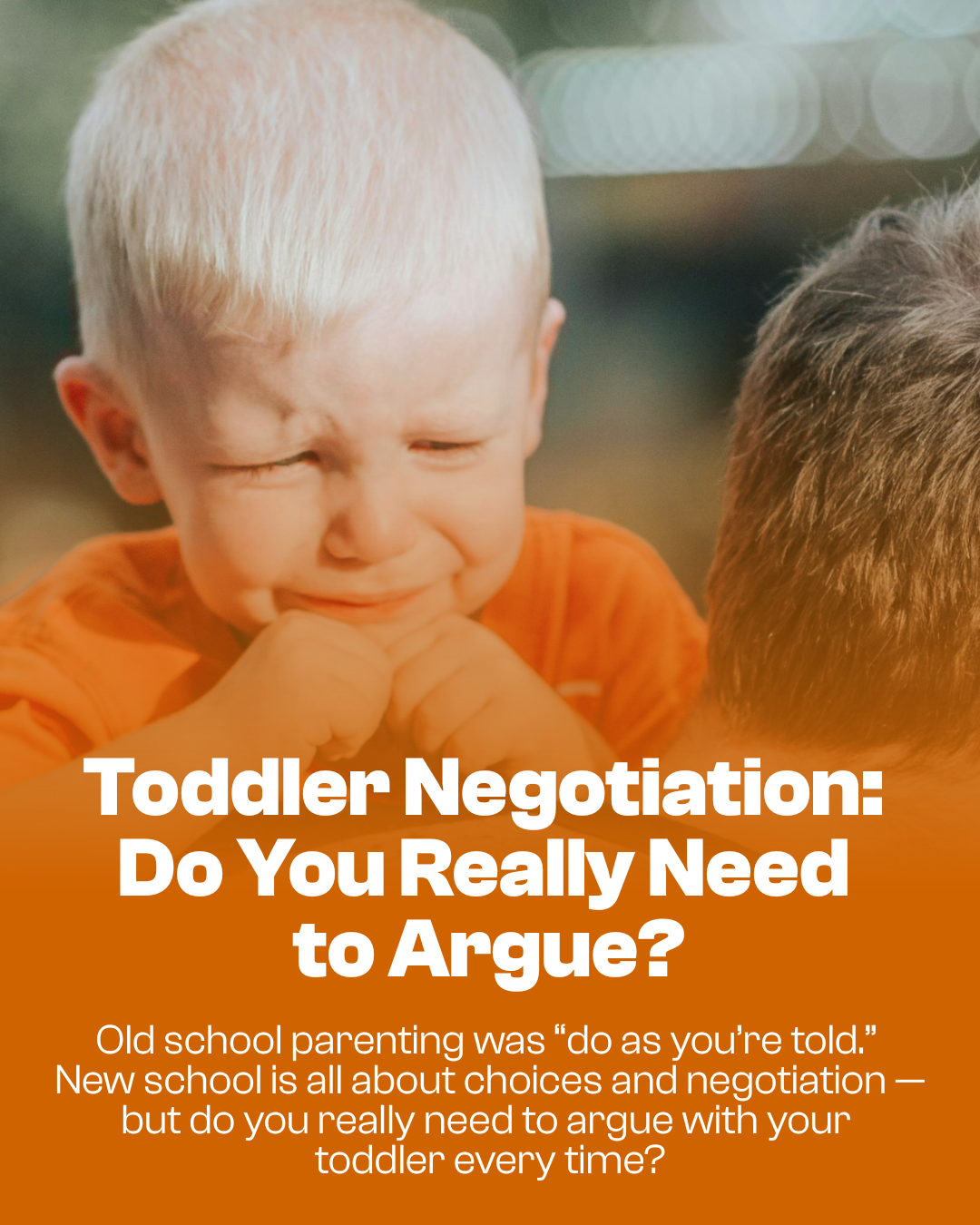


Starting January 11, 2026 at 12:00PM, we’re replacing credits with Makeup Tokens—a simpler, fairer way to make up missed classes.
Read more




As a parent, it can be upsetting and challenging when your toddler begins to strike you when they don't get their way. Here are some tips to manage their behaviours.
As a parent, it can be upsetting and challenging when your toddler begins to strike you when they don't get their way.
Here are some tips for parents on how to best manage their child when aggressive or anti-social behaviours emerge:
It is important to stay calm when your child is hitting you. Getting angry or upset can escalate the situation and make it harder to resolve. Take a deep breath and try to remain as calm as possible.
Let your child know that hitting is not acceptable and that it hurts you. Explain that there are other ways to express themselves, such as using their words or asking for help. Be firm and consistent in enforcing these boundaries.
Provide your child with alternative ways to express themselves when they are upset, such as taking deep breaths, using words, or using a calm-down strategy like taking a break in a safe space.
If your child continues to hit, it is important to follow through with consequences such as a time-out or loss of privileges. Be consistent with the consequences, so that your child understands that hitting is not acceptable.
If your child's hitting behaviour is frequent or severe, it may be helpful to seek guidance from a paediatrician, a child therapist, or a parenting coach.
It can be easy to reach for something that you know will appease or comfort your child when they are frustrated to the point of exhibiting violent or ant-social behaviour. However, this is a short term solution that can lead to children believing that they receive the things they like when they are displaying negative behaviour. Common examples of this are parents giving children food or screens- both things that parents need to manage their children’s relationship to with care.
On a more reassuring note, children often express their frustration when they are right on the cusp on a big breakthrough that they have yet to reach (often related to speech or expression). Remember that hitting is a normal part of toddler behaviour, but it is important to address it and provide your child with appropriate alternatives.
By remaining calm, setting clear boundaries, offering alternative ways to express themselves, being consistent with consequences, and seeking professional help if needed, you can help your child learn to express themselves in a positive and healthy way.




.png)

.png)
